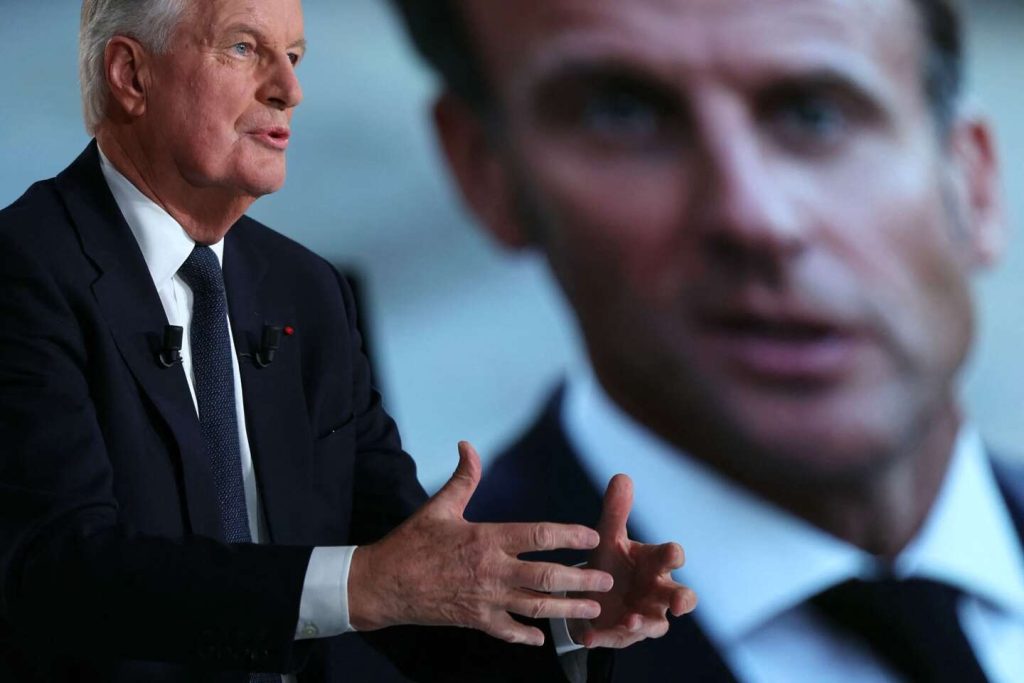After presenting his general policy statement to the National Assembly and the Senate, and a week before the presentation of his budget law, Michel Barnier was a guest on the program “L’Evénement” on France 2 on the evening of Thursday, October 3. During the interview, he discussed the tight budget he is preparing to present, aiming to reduce the debt by 60 billion euros. He denied any “fiscal shock” or policies of “austerity” and “rigor”, revealing some details about the tax increases planned in the budget and answering questions about the policies he plans to implement at Matignon. The budget includes an exceptional tax on large corporations, affecting around 300 companies, with a temporary additional contribution expected for a period of one or two years.
In addition to the corporate tax increases, the budget also includes tax hikes for the wealthiest households. This will be achieved through a fiscal device targeting high incomes, which is expected to generate 2 billion euros in revenue. The households affected by this measure will include couples with an annual income exceeding 500,000 euros. The Prime Minister also confirmed the postponement of the indexation of pension revaluations on inflation by six months, from July 1, 2025, instead of January 1. He defended this measure as a fair and proportionate effort that he believes is necessary.
To reduce public spending and achieve the planned 40 billion euros in savings, the government plans to merge public services, streamline administrations, and agencies that duplicate efforts, and reduce the hiring of new civil servants. The reevaluation of aid for apprenticeship programs and transportation services for the healthcare sector are also under consideration to optimize spending. Michel Barnier emphasized the importance of engaging in dialogue with local authorities before making any changes that might affect their operations.
Regarding immigration policies, Michel Barnier emphasized that he sets the direction on this issue, rejecting the idea of introducing new legislation but remaining open to amendments to existing laws if necessary. While acknowledging the need for strict measures to manage immigration, he emphasized a pragmatic approach rather than engaging in ideological debates. On the sensitive topic of end-of-life legislation, Barnier expressed personal agreement with the initial version of the bill that proposed conditions for assisted dying. He also announced plans to launch a project for a social welfare program that aims to simplify and potentially increase benefits for vulnerable populations.
In response to concerns from farmers facing crises, including sanitary and crop challenges, Michel Barnier announced a temporary halt on regulatory requirements to provide relief for the agricultural sector. He emphasized the need to support farmers who are struggling with constraints and regulations, promising to alleviate some of the burdens they face. This pledge comes in the context of broader efforts to address societal challenges and promote economic stability through targeted policy measures.


